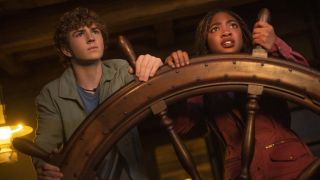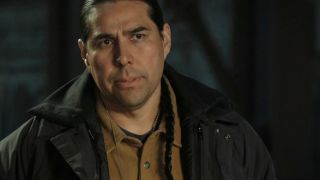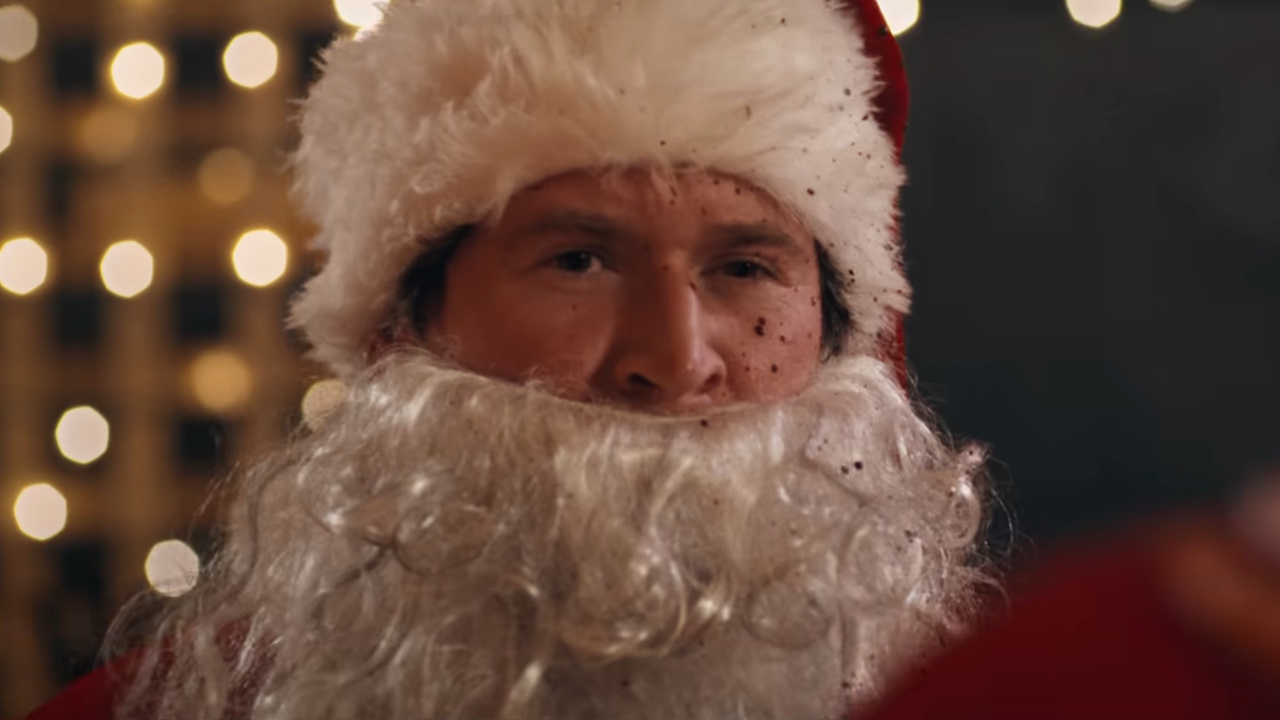Interviews
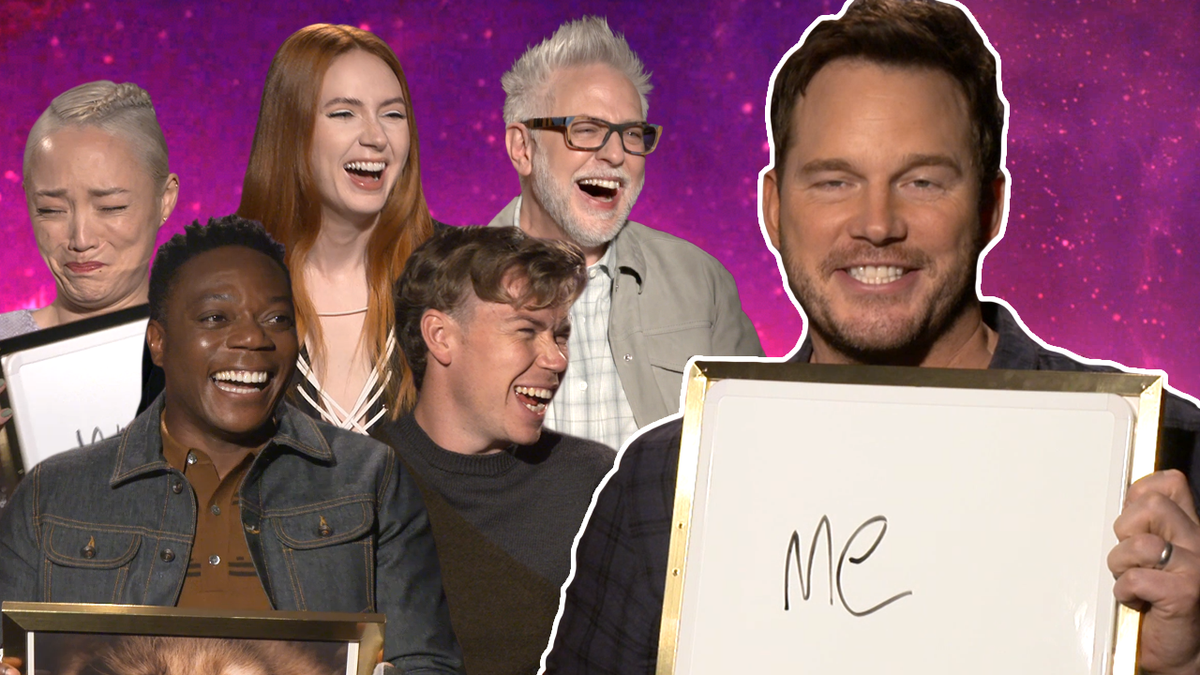
CinemaBlend frequently sits down with the talent who are responsible for the movies, television shows, streaming features, and pop-culture moments that you want to be reading more about. From Tom Hanks to the cast of Avatar: The Way of Water, from the latest contestant on The Masked Singer to the cast of Yellowstone, CinemaBlend ample time for exclusive conversations with Hollywood's biggest stars.
And CinemaBlend prides itself on asking talent the questions that they aren't hearing from every other outlet, leading to passionate answers that are meant to educate and entertain you, our readers. If they are important in Hollywood, they are speaking with CinemaBlend.
Latest about Interviews
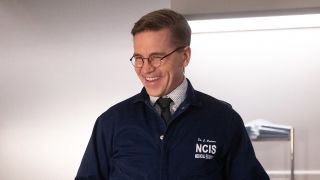
I'm So Invested In The Mystery Of Parker's Mom On NCIS. Why Brian Dietzen Says Jimmy 'Won't Let Go'
By Adam Holmes published
Exclusives He's looking for answers.
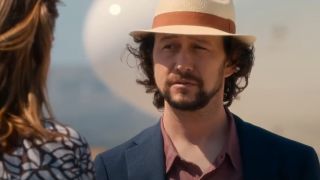
How To Find Joseph Gordon-Levitt's Deep Cut Cameo In The New Knives Out Movie
By Corey Chichizola last updated
exclusives Rian Johnson and JGL forever.

Jeremy Sisto Explains Why FBI's Fall Finale Event 'Needs To Be Two Hours,' And The Action-Packed Preview Makes More Sense Now
By Laura Hurley published
Exclusive Buckle up for the midseason finale!

I Did Not See Ella McCay Having A Cool Alien: Romulus Connection Coming, But I Love This Sweet Story
By Sarah El-Mahmoud published
Exclusives How random!

I Had To Ask Pluribus' Star About That Bubbly And Racy Hot Tub Scene: 'Never Been In a Hot Tub With Six Naked Women In My Life'
By Nick Venable published
Exclusives Not everybody is living life like Carol on Pluribus.
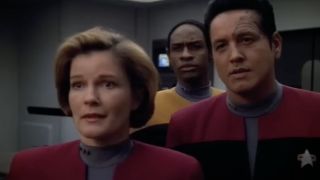
Star Trek's Bryan Fuller Shared One Of The Things He Loved Most About Working On The Franchise, And I Wish We Could Have More Of It
By Mick Joest published
Exclusives I appreciate what he had to say.
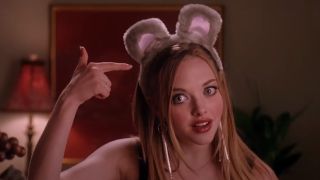
Amanda Seyfried Recalls How Her ‘Pretty Psychotic’ Take On Regina George Landed Her Karen In Mean Girls
By Corey Chichizola published
Exclusives Once a plastic always a plastic.
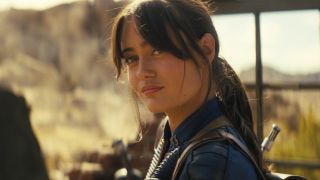
Fallout Season 2 Is Setting Up Some Huge Reunions, And Star Ella Purnell Teased That Norm Will Meet One Of Her ‘Favorite Characters’
By Erik Swann published
Exclusives I'm ready for familiar faces in new spaces.
Your Daily Blend of Entertainment News
